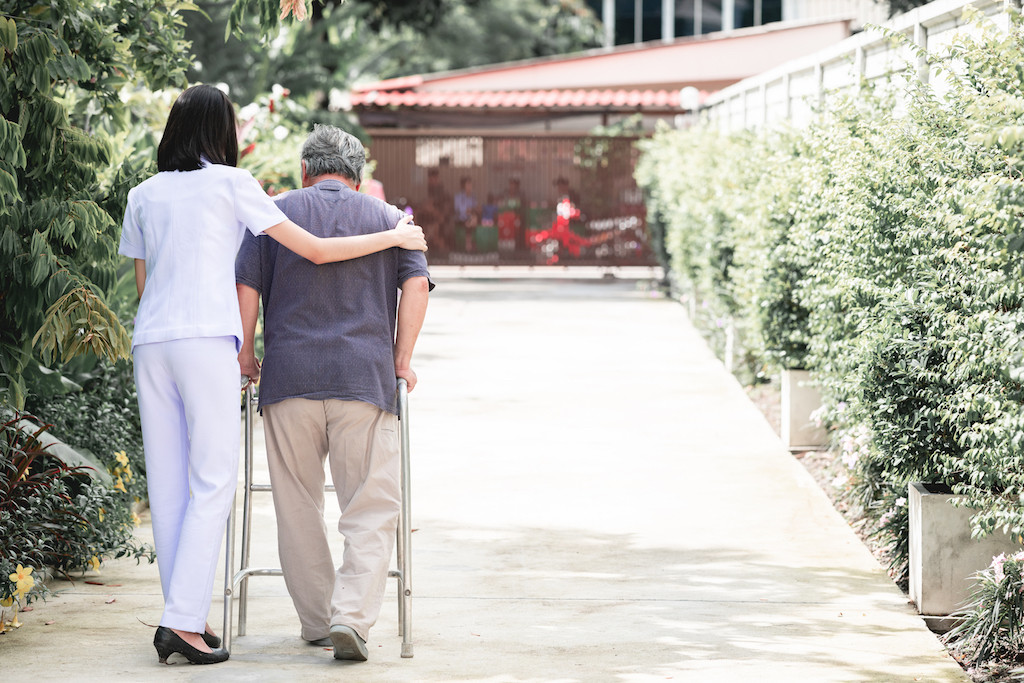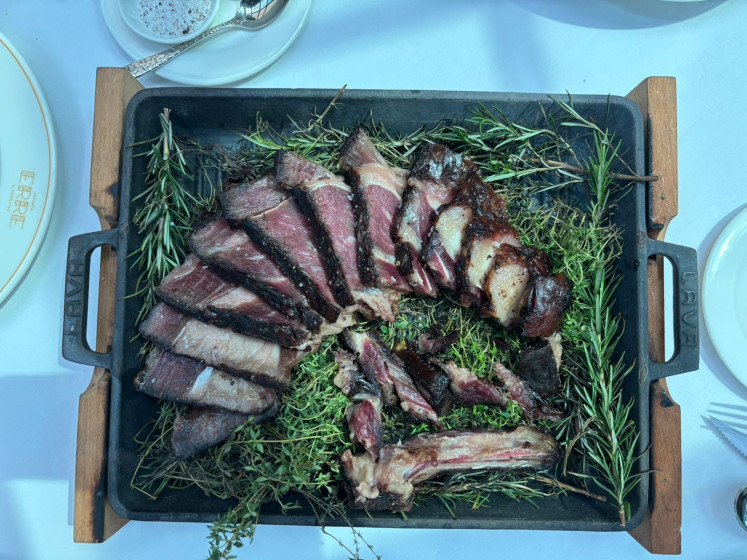Popular Reads
Top Results
Can't find what you're looking for?
View all search resultsPopular Reads
Top Results
Can't find what you're looking for?
View all search resultsMore than 600,000 Japanese aged 40-64 considered recluses: survey
Change text size
Gift Premium Articles
to Anyone
A
bout 613,000 people aged 40 to 64 are believed to fall into the category of recluses, or those who hide themselves away in their homes without working, the government's first survey on the age group showed Friday.
The estimated number of recluses, known as "hikikomori" in Japan, in the 40 to 64 age group is higher than those aged 15 to 39. There are an estimated 541,000 recluses that fall into the younger age bracket, a Cabinet Office survey in 2015 showed.
The total number of social recluses in Japan is thought to be over 1 million, an official said.
"Adult hikikomori is a new social issue," said welfare minister Takumi Nemoto. "It should be addressed appropriately by conducting studies and analyses."
The Health, Labor and Welfare Ministry defines hikikomori as people who have remained isolated at home for at least six consecutive months, not going to school or work and not interacting with people outside their family.
Of those surveyed, 76.6 percent of recluses were men. Most, both men and women, began withdrawing from society after retirement, according to the survey conducted in December on 5,000 households with at least one member in the age group.
The study showed a total of 46.7 percent of recluses have lived that way for at least seven years, highlighting the trend that older people are shutting themselves in their homes for longer periods. One out of three hikikomori was financially dependent on elderly parents.
Of the total, 21.3 percent said they have been disconnected with those around them for three to five years.
Read also: Elderly emerging as star characters in new manga genre
The number of surveyed people who cited retirement as a trigger for their withdrawal stood at 36.2 percent, followed by those who pointed to troubles with human relationships, and illness, both at 21.3 percent. Those who said they felt like misfits in their workplace accounted for 19.1 percent.
One out of three hikikomori aged between 40 and 44 -- a generation said to have lived in the "employment ice age" when new graduates found it hard to secure jobs -- became socially reclusive between the ages of 20 and 24 years old, suggesting their inability to find work was behind the problem to some extent.
Either a hikikomori's father or mother provided financially for their shut-in child in 34.1 percent of cases, and some families rely solely on a parent's pension.
Nearly 47 percent of the people desired to speak to organizations that would help them to get out of their seclusion, with many saying such as feeling "bad toward their families" and "too hard to live."
Toward that end, 44.4 percent had sought aid, mostly from hospitals and other medical professionals or through employment service centers.











